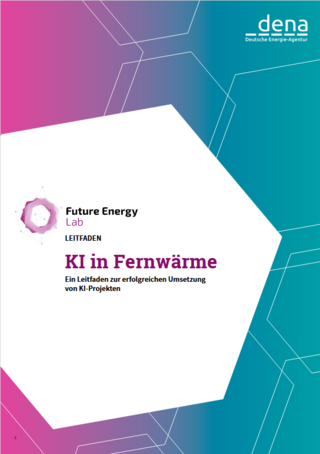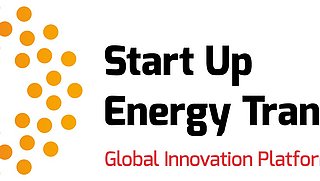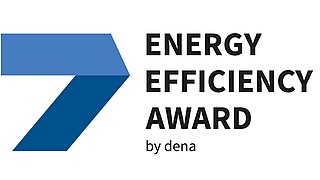Artificial intelligence brings new opportunities for district heating networks
A new dena guide shows how companies can leverage artificial intelligence to make their district heating networks more efficient and climate-friendly. Information from real-world examples and specific recommendations for action help with implementation.
-
 © HoffotografenLisa Völker
© HoffotografenLisa VölkerExpert, Communications T: +49 30 66 777 - 485 lisa.voelker(at)dena.de
Berlin, Germany, 7 November 2024. dena’s new ‘AI in district heating – a guide to the successful implementation of AI projects’ publication with information from real-world examples offers instruction on how to integrate artificial intelligence (AI) into district heating networks. Developed together with Stadtwerke Norderstedt and the technology company RAUSCH Technology GmbH, the guide shows step by step how AI can find its way into the heating supply – with specific recommendations for action, real-world examples and valuable tips for implementation. The aim is to support district heating supply companies in making their systems more efficient, flexible and climate-friendly.
Philipp Richard, Head of Digital Technologies & Startup Ecosystem at dena, explains, ‘AI offers enormous opportunities to accelerate the transformation of the heating sector. The new guide is intended to show companies how they can use AI to optimise their planning and control systems in order to make heat generation more precise and cost-efficient. It is critical to have error-free data capture and a standardised structure of the data as well as a well-thought-out data strategy.’
More precise forecasts with AI: Avoiding energy losses and advancing the heating transition
District heating suppliers need to have forecasts of the heat demand of their networks that are as accurate as possible in order to avoid energy losses due to overproduction. The more precise the forecast, the less often inefficient peak-load power plants have to step in, which translates into a clear benefit for the environment and the respective cost calculations for companies. AI-based forecasts can make a significant contribution here.
dena’s ‘AI in district heating’ project was carried out in the Future Energy Lab and comprises ten specific AI use cases for district heating. Stadtwerke Norderstedt has successfully conducted a pilot project in one of these cases, the heat load forecast: this uses an AI model that can predict the heat demand for the next 24 hours with 25 per cent less deviation than conventional forecasting methods. This accuracy enables optimised control of the heating network; heat is generated more in line with demand and load peaks can be absorbed more efficiently.
Investing in data at an early stage: the basis for successful AI projects in district heating
The guide recommends investing in good data infrastructure at an early stage in order for AI projects to be successful. The obligation to digitalise all heat meters by the end of 2026 can serve as an impetus to develop a comprehensive data strategy. Digital measurement technology provides valuable data that forms the basis for more precise AI models and data-based value-added services. With a better data basis, AI models deliver more precise results, which can lead to a faster amortisation of investments in data infrastructure.
The guide is aimed at companies wishing to integrate AI into their district heating systems and provides clear project instructions. It explains in seven steps how to turn an idea into a functioning AI model that works efficiently during operation. In addition to best practices, the guide also provides district heating supply companies with a framework for implementing their own data analysis projects.
‘The future of district heating is digital and climate-friendly, and the new dena guide makes it much easier to implement AI projects,’ adds Philipp Richard.
About the Future Energy Lab
With the Future Energy Lab, dena has created a space in which the digital and energy industries convene on behalf of the German Federal Ministry for Economic Affairs and Climate Action (Bundesministerium für Wirtschaft und Klimaschutz (BMWK)). For one, the goal is to drive forward the energy transition with new developments in software and hardware technology for the electricity, heating and mobility sectors in a think tank and pilot testing laboratory capacity. For another, the Future Energy Lab serves as a platform for fostering the cooperative efforts of all major industry players and creates a creative space for startups to develop innovative solutions. Please visit https://future-energy-lab.de [in German] for further information.



![[Translate to English:]](/fileadmin/_processed_/2/e/csm_250318_JDENA_PHT021_01_cc4dc7d460.jpg)